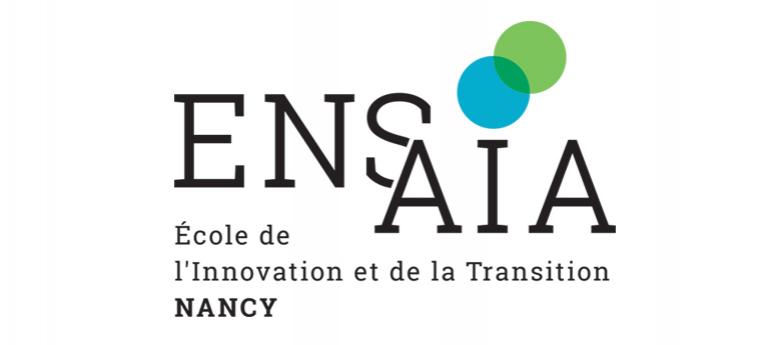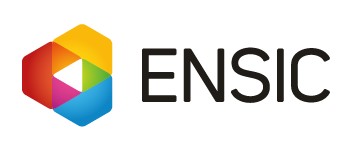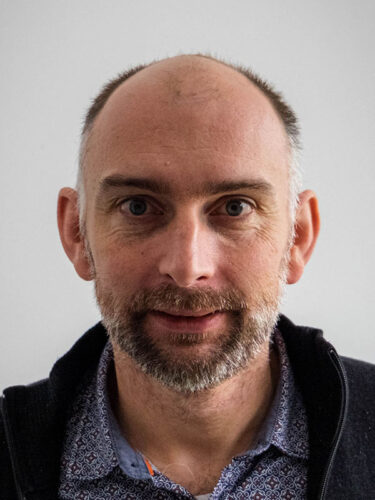BIOWARE MASTER'S



BIOrefinery engineering of Wood and Agro-REssources (BioWARE)
Our planet is facing the depletion of fossil resources, while the overall demand for biomass for food and energy is continuously increasing. In the last decade, biomass has come to be considered as an alternative energy source contributing to reducing the greenhouse effect. Biomass is also a renewable source of proteins, sugars, and fats, which lead to valuable green chemicals, pharmaceuticals, and biosourced materials, i.e. to bio-wares. Biorefinery engineering consists of designing biomass transformation processes to replace conventional chemical transformation.
ACADEMIC DESCRIPTION
The Master’s programme offers skills in biorefinery engineering, while accounting for bioeconomy requirements, for sustainability of agro- and wood resources and soil availability.
Three graduate engineering schools specialised in agricultural sciences, food, chemistry, wood engineering as well as biotechnology share their expertise and their research laboratories in the field of biorefinery to offer a programme combining advanced research and applications.
PROFESIONAL AIMS
Prepare Master’s students for PhD study in the area of wood- and/or agro-resources transformation engineering or for R&D positions in the biorefinery industry, or for scientific and technical consultant positions in organisations related to the bio-economy.
SKILLS ACQUIRED
At the end of the programme, students are able to select suitable biomass and design the most efficient process for sustainable production of chemicals, energy, pharmaceuticals, and materials.
ADDITIONAL INFORMATION (PARTNERSHIP)
Research laboratories belonging to either the French National Centre for Scientific Research (CNRS) or to the French National Institute for Agricultural Research (INRA) are partners of the programme. Local biorefinery companies and start-ups also participate to the programme.
PROGRAMME
The programme is divided into three phases:
- Focus on the wood and agro-resources economy and sustainability, and current technology for biorefinery:
Agro-based resources & wood: characterisation & management (9 ECTS)
Biorefinery: new trends and technologies (4 ECTS) - Presentation of new trends and latest research knowledges and expertise in biorefinery, taking either:
- Advanced Chemical processes in biorefinery for chemical and energy production (11 ECTS)
- Advanced Bioprocesses in biorefinery for chemical and energy production (11 ECTS)
For both options, the programme is built on multidisciplinary individual and group projects (3 ECTS)
- The last phase is a 5-month Master’s thesis in a research laboratory attached to CNRS or INRA (30 ECTS).
The programme also includes a core French course (3 ECTS) in order to enable Master’s students to become autonomous in day-to-day life and enjoy French culture.
HOW TO APPLY
Applications including CV and cover letter should be sent by email to: master-bioware-contact@univ-lorraine.fr
Please note that each campus (ENSAIA, ENSIC and ENSTIB) prioritises applications received from partner universities.
Pre-requistes
In order to make the most of this multidisciplinary programme, applicants should have basic knowledge in:
- Chemistry and biochemistry
- Process engineering: heat/mass transfer, fluid mechanics, reaction engineering, unit operations
For the biotechnology pathway: Biology - microorganisms, cells, yeast, fungi, enzymes, etc.
For the chemical pathway: Chemical engineering including polymerisation engineering
Registration
Registration as full-time student at the Université of Lorraine.
CARRIER PROSPECTS
PhD studies
In biotechnology and in chemical engineering in public/private research centres
Placement
- R&D department in the Food, Chemical, Pharmaceutical, material industries
- Consultant in a public, para-public or private organisation
- Expert in a design office, etc.
Contact

